
Blog

There is an urgency in the Ash Wednesday readings and an urgency in the readings we have throughout the entire 40 days of Lent. They seem to be saying, “Act now and don’t put off till tomorrow what needs to be done today!” That urgency is connected to Jesus’ own journey to Jerusalem. It is crunch time for Jesus. With each Sunday’s readings, you will notice he is getting closer and closer to Jerusalem, and things are getting darker …

We are all familiar with Jesus’ expression about taking the log out of your own eye before you proceed with trying to take the speck out of your neighbour’s eye. We all know exactly what that means. But it is one of those sayings of Jesus that we would rather apply to others than to ourselves. At least that’s the way I would like to see it applied. I would rather attempt to straighten out everyone else before considering …
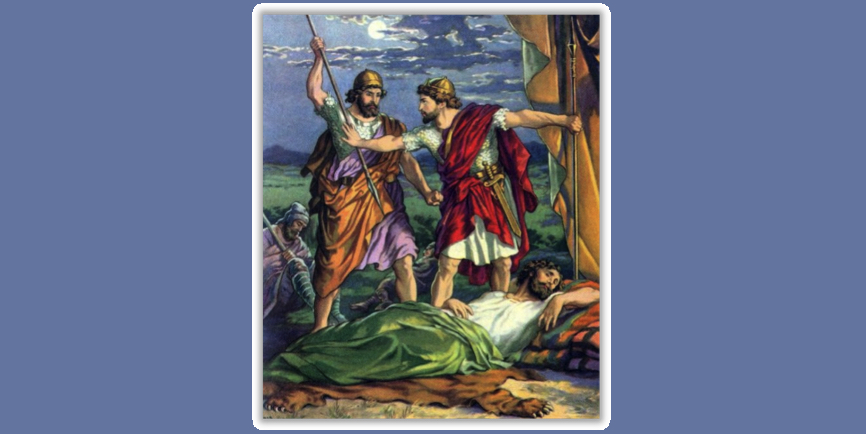
I can see, when the Church reworked the lectionary in the early 1960s, why they gave us that first reading from the Book of Samuel and that gospel passage from Luke to be proclaimed on the same Sunday; they mesh so well together. They also happen to be two of the most challenging pieces of Scripture to live up to, at least in my own life.
Let’s look at Samuel and Luke and see where they …

Let’s face it, when things go well, faith is not difficult. On top of that, when things go well, there’s no drive to develop our faith any further. After all, if things are going well, I must be the reason for my own success. Here’s a little story that illustrates what I’m talking about. It centers on a Jewish grandmother, but remember this Jewish grandmother lives in every one of us.
There was this Jewish woman …
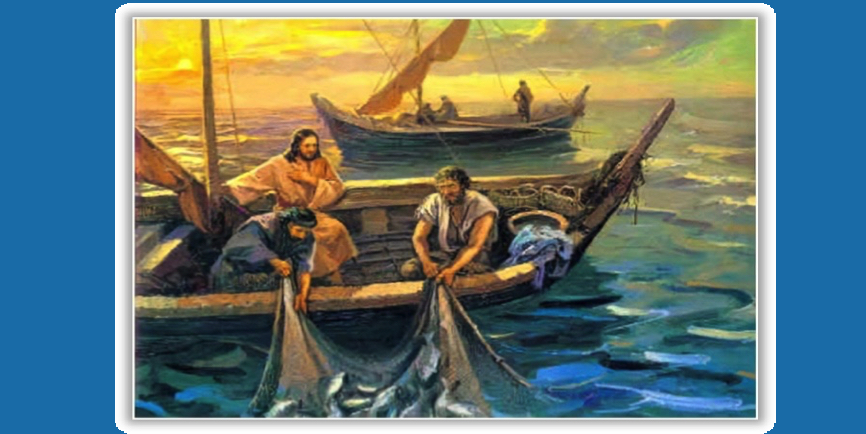
The readings are a little bit on the long side this weekend, so I don’t expect you to remember, in detail, what you heard in that first reading. Suffice it to say, all three readings are about God calling someone, all three readings are about someone feeling unworthy or unqualified to answer the Lord’s call, and all three readings are about people overcoming their reluctance and responding to God in a positive way, a life-changing way.

A fellow was stuck on his rooftop in a flood. He was praying to God for help. Soon a man in a rowboat came by and the fellow shouted to the man on the roof, “Jump in, I can save you.” The stranded fellow shouted back, “No, it’s OK, I’m praying to God and he is going to save me.” So, the rowboat went on. Then a motorboat came by. The fellow in the motorboat shouted, “Jump in, I can save you.” To this the stranded …
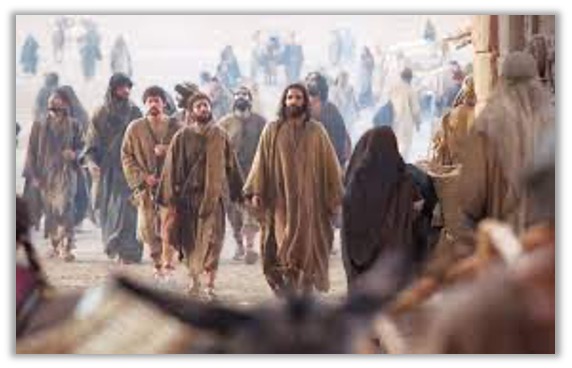
Once again, there is so much food for thought in each of the Scripture readings we have today. To add more words to all the words you just heard, here is a story I received while on a Men’s Rite of Passage retreat, five years ago in California. It centers on the wisdom of a well-respected monk, Makarios the Great of Egypt.
A young man approached Makarios with the desire to become holy (and he only …
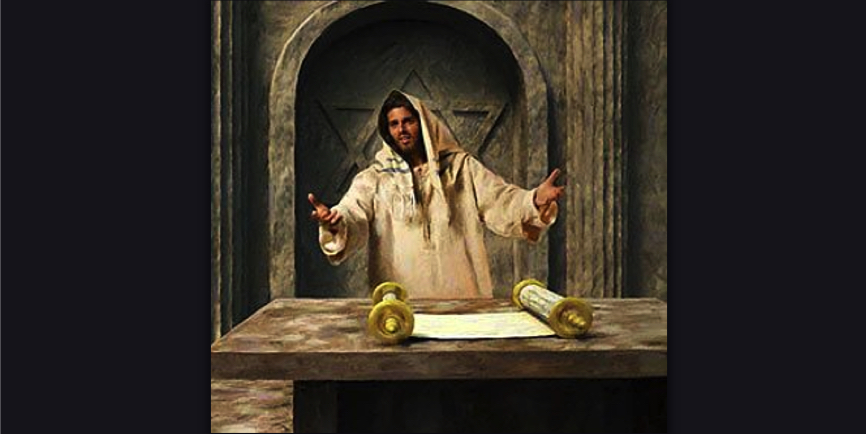
Sometimes I wonder, and maybe you do too, whether all God’s great feats of power, all God’s great interventions into human history, that all of these marvellous deeds took place only in Biblical times and have, somehow, dried up for us here and now. If that is so, then maybe God’s past involvement in human affairs is solely for the purpose of giving us inspiration in the present. Or, more demoralizing still, somehow people of the past were more open, more …
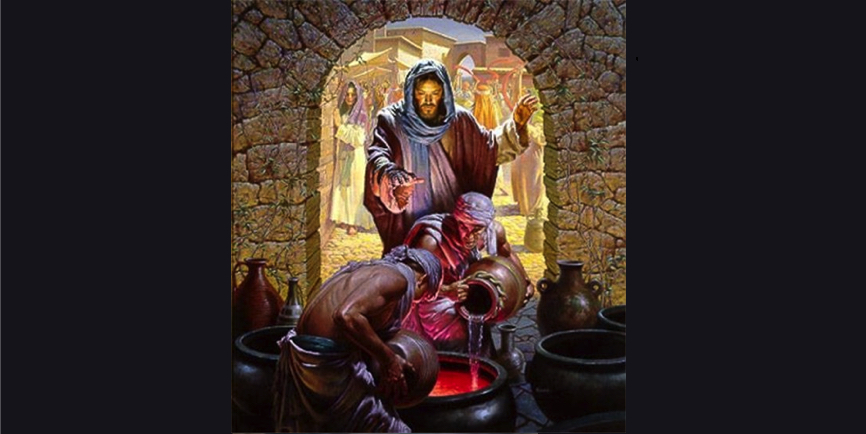
I assume you have all heard the story of Jesus changing water into wine, and I also assume you have all heard many interpretations this story. Because the gospels cut in so many ways—symbolically, metaphorically, spiritually—there is no possibility of any of us saying, “That’s the real and the only interpretation.” The real interpretation is the one that makes sense for your life here and now. The real interpretation is the one whose outer truth resonates with some inner …

On this last day of the Christmas Season two questions concerning Jesus’ baptism arise in me: 1) What is Jesus, the sinless one, doing in the waters reserved for sinners? And 2) Why is this story proclaimed in the Christmas Season, given the fact that Jesus is about 30 years old? Beyond satisfying our curiosity around those questions, we should always ask—with every gospel story–what is this gospel story inviting us to, here and now? I think those first …